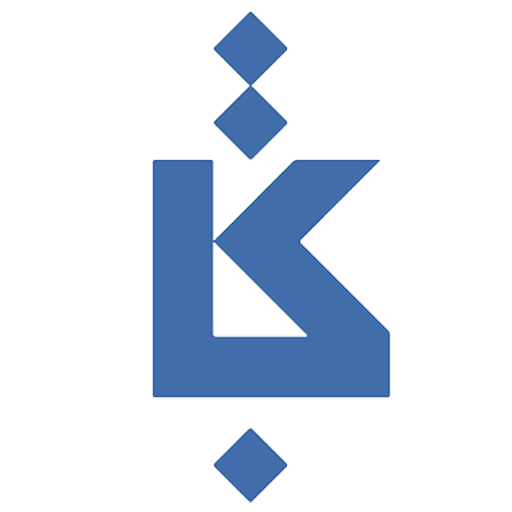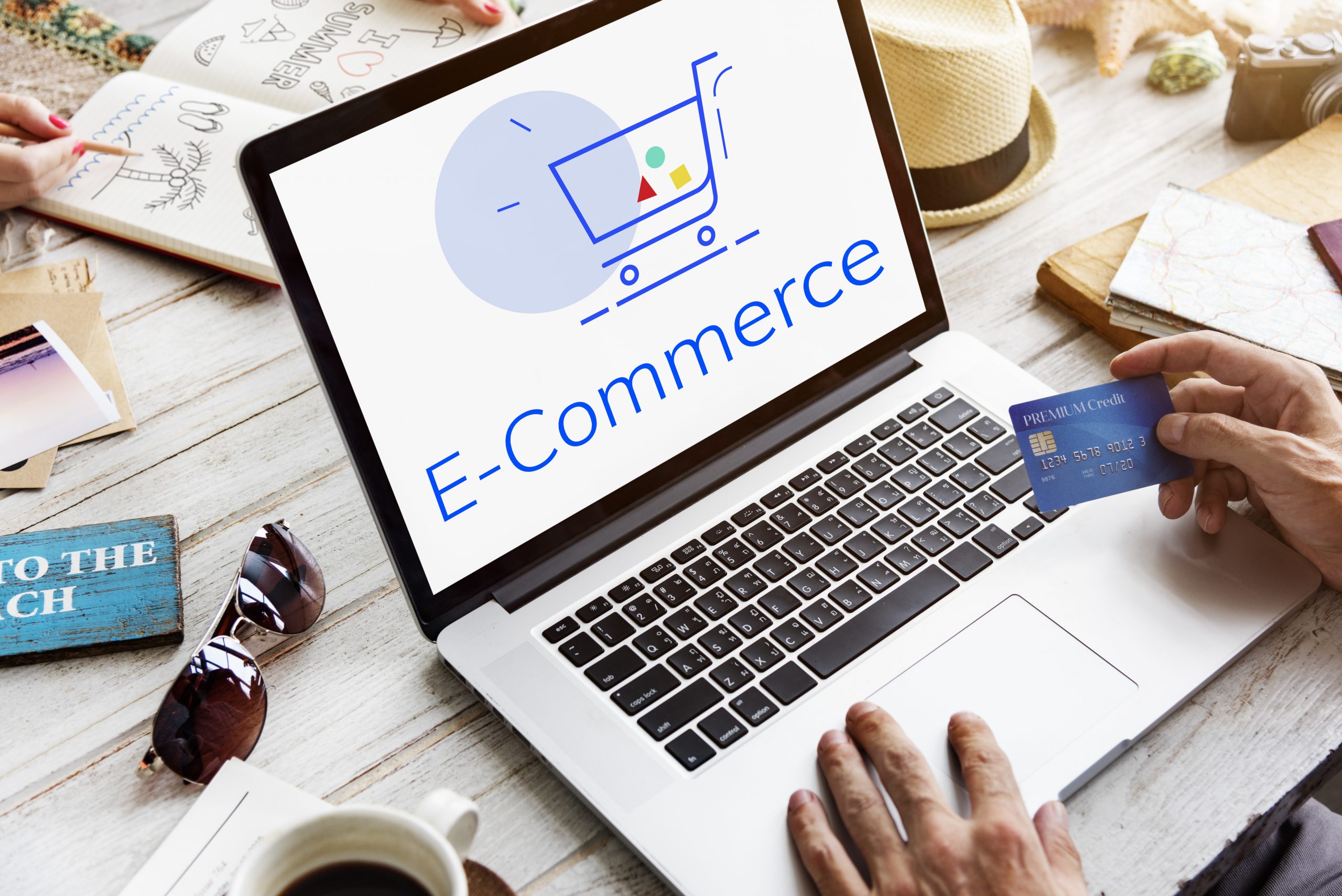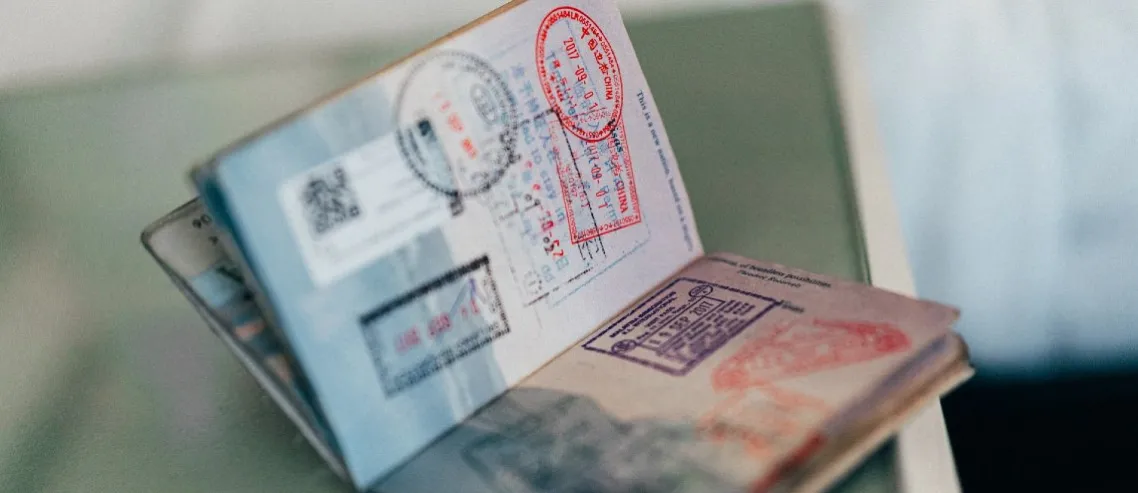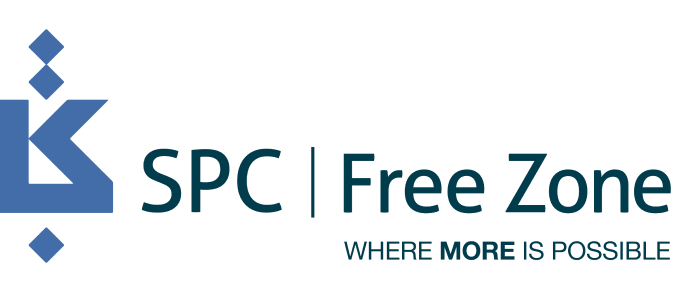
E-commerce entrepreneurship in the United Arab Emirates opens the door to a thriving market, set to reach a substantial $9.4 billion by 2028. The electronic commerce market is characterised by widespread internet and mobile phone use, a tech-savvy population, and robust governmental efforts to propel the nation into a digital economy. Global players like Amazon, having acquired Souq.com, dominate the market, while regional heavyweights like Noon.com and specialised platforms like Namshi and Supermart cater to diverse consumer needs. Beyond these giants, a multitude of local marketplaces address niche markets and reflect the rich preferences of the population and their online shopping behaviours.
Whether you envision creating an online store or targeting specific niche markets, the UAE’s e-commerce landscape offers a canvas of possibilities at a low startup cost, compared to other business ideas, for those ready to navigate and capitalise on this exciting market.
If you are considering opening an e-commerce business in the UAE, you can opt for an e-commerce business license from SPC Free Zone, which allows up to five business activities under a single license.
| Note: The choice between having a general trading activity alongside your e-commerce venture, or solely pursuing the e-commerce activity depends on the nature of the products you’re selling. Certain products may require a general trading license, especially if they are imported. The standard e-commerce license enables direct sales to end customers. If your business involves selling in large quantities to other businesses, particularly in bulk, obtaining a general trading license becomes necessary. |
Here are the business activities that you can select under your license when establishing your e-commerce business:
4791.01 – Retail Sale of Any Kind of Product by Mail Order
This category encompasses retail sale activities where customers make their purchases through mail orders. Buyers typically make their selections based on advertisements, catalogues, or information provided through various advertising means. The ordering process occurs via traditional mail, phone calls, or online means, usually through dedicated websites. The products in question may range widely, and customers have the option of either downloading them directly from the e-commerce store or awaiting physical delivery.
The traditional catalogue-based shopping model still exists in some parts of the world, but it’s becoming increasingly rare in developed economies like the UAE. This is due to the dominance of e-commerce platforms and the preference for online shopping. However, some companies combine elements of the catalogue approach with the convenience of e-commerce:
- Sharaf DG: A leading UAE-based retailer with a strong online presence. While their primary focus is online sales, they do offer physical catalogues showcasing select products. Customers can then browse the catalogue online or in physical stores, add items to their online cart, and choose delivery or in-store pickup. As of March 2024, SharafDG’s market capitalization was approximately AED 2.18 billion (USD 591 million).
- Marka: This online fashion retailer in the UAE sends out periodic catalogues showcasing their latest collections. Customers can visit the online store, browse the collections featured in the catalogue, and make purchases directly through the website.
Third-party Approval: No third-party approvals are required for this business activity
Filing of Economic Substance Return: Business activity 4791.01 is exempt from this requirement.
Anti-Money Laundering Compliance: Business activity 4791.01 is exempt from this requirement.
| Note: For e-commerce businesses involved in importing or exporting goods, SPC Free Zone offers an in-house service to issue customs codes tailored for the ports of Sharjah. If Dubai’s seaports are part of your logistics plan, our affiliation with the Ports Authority allows you to utilise our license for an independent purchase of a customs code directly from the Dubai Port Authority. |
4791.02 – Retail Sale of Any Kind of Product over the Internet
This classification covers retail sale activities conducted exclusively over the Internet. Buyers make their choices based on various online resources such as advertisements, catalogues, or website information, and transactions occur through online channels, where customers place orders using dedicated features provided by the seller’s e-commerce website. The products involved can be digital items directly downloadable or physical goods delivered to the customer.
These are online retail stores where customers can browse a vast array of products, read product descriptions, view images, and make purchases directly through the website. Transactions are facilitated through secure online payment methods, and customers have the option to either download digital products instantly or receive physical items through shipping.
Prime examples include:
- Noon.com – Offers a wide variety of products across various categories, with detailed descriptions, images, and secure online payment methods. Customers can choose delivery or download digital products instantly.
- Amazon.ae – The UAE subdomain of Amazon offers a vast selection of products, detailed information, secure transactions, and both delivery and digital downloads.
- Namshi – Caters specifically to fashion and beauty needs, offering detailed product information, secure online transactions, and delivery. Acquired by Emaar Malls in 2022 for a reported USD 335 million, it is one of the most valuable e-commerce players in the UAE fashion sector.
- Supermart.ae – Focuses on groceries and everyday essentials, allowing customers to browse and purchase items with detailed descriptions, secure transactions, and delivery options.
Third-party Approval: No third-party approvals are required for this business activity
Filing of Economic Substance Return: Business activity 4791.02 is exempt from this requirement.
Anti-Money Laundering Compliance: Business activity 4791.02 is exempt from this requirement.
| Note: With an SPC Free Zone license, integrating a payment gateway into your e-commerce website does not require a No Objection Certificate (NOC) or special permission. You are free to seamlessly incorporate a payment gateway, streamlining the transaction process and facilitating smooth operations for your e-commerce venture. |
4791.03 – Direct Sale via Television, Radio and Telephone
Direct sales through television, radio, and telephone refer to retail activities where purchases are made directly through these communication channels. Customers are enticed by promotional broadcasts on television or radio and can place orders by calling a designated telephone number. This method eliminates the need for physical storefronts, allowing sellers to reach a broader audience through these mass media platforms.
Home shopping channels, where products are showcased on television, and viewers can call a toll-free number to place orders, represent direct sales through television. Similarly, radio infomercials that provide a dedicated phone line for orders or telephone sales where a telemarketer offers products during a call are examples of direct sales via telephone.
Third-party Approval: No third-party approvals are required for this business activity
Filing of Economic Substance Return: Business activity 4791.03 is exempt from this requirement.
Anti-Money Laundering Compliance: Business activity 4791.03 is exempt from this requirement.
4791.05 – Foodstuff E-trading
Foodstuff e-trading involves the online retail sale of food products. This could include the purchase of groceries, fresh produce, or speciality food items through Internet platforms. Customers can browse through digital catalogues, place orders online, and have the foodstuff delivered to their doorstep. The convenience of online grocery shopping and grocery delivery aligns with the broader trends in e-commerce, offering consumers a seamless way to access a variety of food products from the comfort of their homes.
Several online grocery delivery businesses such as elGrocer, Talabat, and InstaShop are at the forefront of this trend, offering a seamless experience for customers to purchase a diverse range of food products.
elGrocer – Offers a wide selection of groceries, fresh produce, and speciality items across the UAE. Customers can browse and order online or through their app, with convenient delivery options.
InstaShop – While primarily known as a delivery platform for restaurants, Instashop recently expanded into grocery delivery, partnering with major supermarkets like Carrefour. Customers can access a wide range of groceries through the Instashop app and enjoy convenient delivery options. Instashop is a subsidiary of Delivery Hero, with a market capitalization of approximately €34.8 billion (USD 36.8 billion) as of March 2024.
Talabat – Leading online food delivery platform in the UAE, offering a wide range of restaurants and cuisines. It has partnered with specific supermarkets for limited grocery delivery options within the Talabat app, and primarily focuses on restaurant meals.
Third-party Approval: No third-party approvals are required for this business activity
Filing of Economic Substance Return: Business activity 4791.05 is exempt from this requirement.
Anti-Money Laundering Compliance: Business activity 4791.05 is exempt from this requirement.
4791.06 – E-Commerce Through Websites
E-commerce through websites refers to the process of buying and selling goods or services online through dedicated websites. This involves retail sale activities where customers browse through advertisements, catalogues, or information provided on a website to make their purchasing decisions. Once they’ve chosen their desired products or services, they place their orders electronically, typically via a website’s ordering system.
This method of commerce encompasses various forms, including:
- Online Retail Sales: Customers can purchase a wide range of products directly from a website, similar to traditional retail shopping but conducted entirely online. They can explore product descriptions, images, and pricing details before making a purchase decision. Platforms like Noon, Amazon.ae, and Now Now serve as invaluable channels for sellers to showcase and sell their products to a wide audience. By setting up shop on these platforms, sellers can tap into existing customer bases, benefit from established infrastructure for order processing and delivery, and leverage the platforms’ marketing capabilities to increase visibility and sales.
- Digital Products: Some purchases involve digital goods or services that can be directly downloaded from the Internet. This includes items such as e-books, software, music, or video content. For example, sellers can use platforms like Amazon Kindle to offer a vast library of e-books that customers can purchase and download directly to their devices after completing the transaction on the website.
- Internet Retail Auctions: This involves online auctions where sellers list products for sale and buyers place bids to purchase them. The transaction typically occurs through the auction website’s platform. eBay is a popular online auction platform where sellers list products for sale, and buyers place bids to purchase them.
Third-party Approval: No third-party approvals are required for this business activity
Filing of Economic Substance Return: Business activity 4791.06 is exempt from this requirement.
Anti-Money Laundering Compliance: Business activity 4791.06 is exempt from this requirement.
4791.07 – E-Commerce Through Social Media
E-commerce through social media refers to the process of buying and selling goods or services directly through social media platforms. This method involves retail sale activities where buyers are influenced by advertisements, catalogues, or information provided on social media channels, leading them to make purchasing decisions within the same platform. Once customers decide on their desired products or services, they can place orders directly through social media features, such as messaging or shopping functionalities.
Social media platforms like Facebook, Instagram, and Pinterest offer features that enable businesses to showcase and sell products directly to their audience. For example, businesses can create Facebook Shops or Instagram Shopping posts, allowing users to browse products and make purchases without leaving the platform. This integration of e-commerce within social media environments simplifies the purchasing process for customers and enhances convenience.
Social media platforms are continuously introducing new features and tools to facilitate e-commerce transactions. For instance, X (Formerly Twitter) allows businesses to add a “Buy Now” button to their tweets, enabling users to purchase products with a simple click. Similarly, platforms like Snapchat and TikTok offer shoppable ad formats, where users can discover and purchase products seamlessly while browsing content.
Third-party Approval: No third-party approvals are required for this business activity
Filing of Economic Substance Return: Business activity 4791.07 is exempt from this requirement.
Anti-Money Laundering Compliance: Business activity 4791.07 is exempt from this requirement.
Did you find what you were looking for? Explore the other guides in our Activity Hub for exploring unique business ideas in Dubai and navigate the essentials of business setup with ease.
You can also calculate your business setup costs easily using our handy cost calculator and choose from our customized company setup packages to find your perfect fit.
Get your business license in the UAE today and explore a world of opportunities waiting for you.




















